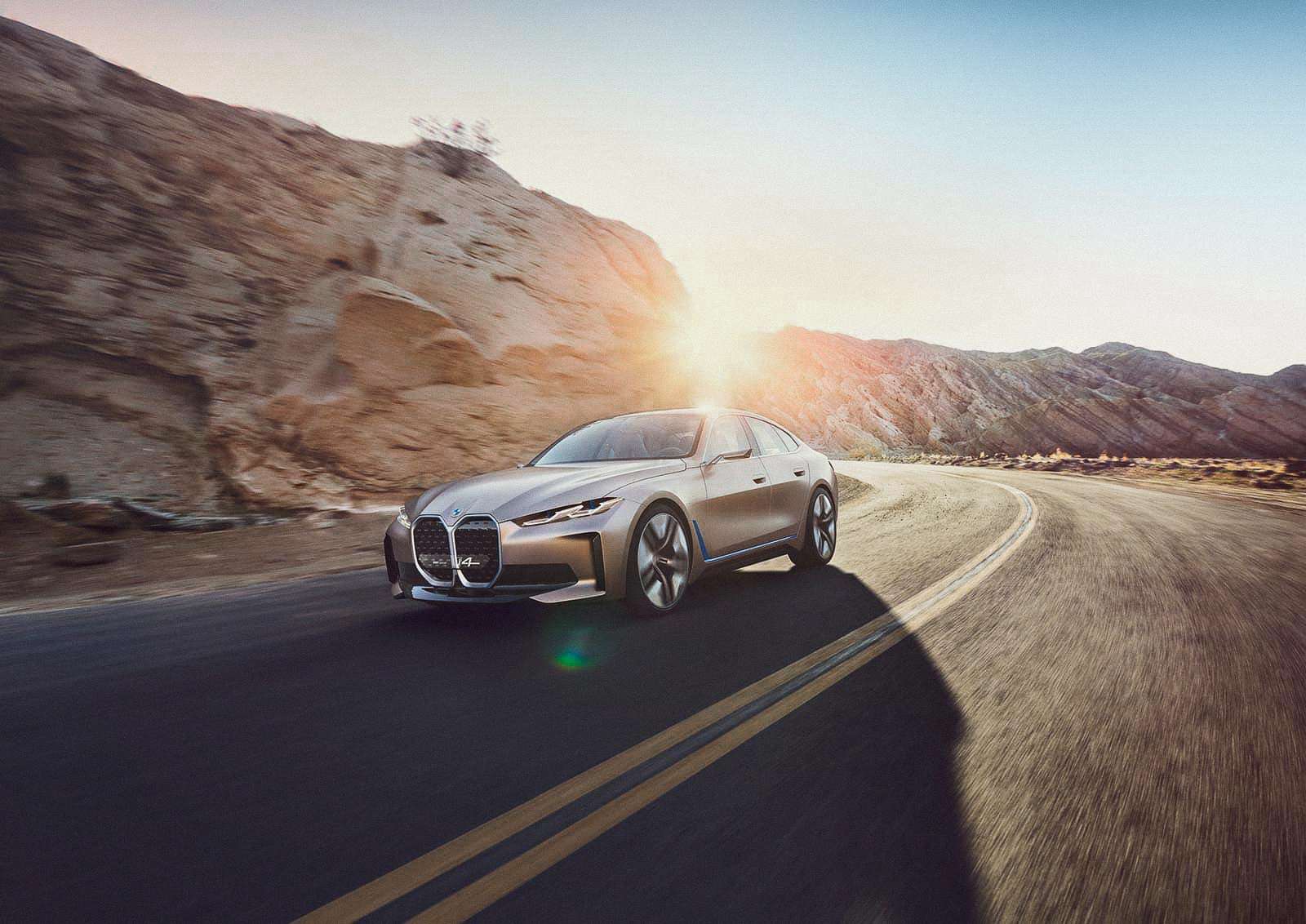BMW and Desserto debut vegan automotive cactus leather as part of a sustainability initiative to clean up the automotive industry.
BMW is taking sustainability seriously. As part of its efforts to raise awareness about sustainable materials and reduce its lifecycle CO2 emissions by more than 40 percent by 2030, its recent partnership with Mexico’s Desserto is poised to help the brand explore “resource-efficient” materials.
Desserto produces leather made from cacti; it partnered with BMW’s Startup Garage incubator to bring its vegan leather to the automotive industry. The new version of the material, dubbed Deserttex, debuted at Germany’s IAA Mobility Expo in Munich last September.
New vegan resources
“New vegan and resource-efficient leather alternatives are another important element of the BMW Group’s research,” The BMW Group, which also owns MINI and Rolls Royce, said in a statement. “Synthetic leather with biobased raw materials, 100-percent recycled polyester textiles and cork particles enable CO2 emissions to be reduced by up to 45 percent compared to today’s PVC synthetic leather.”
According to Desserto co-founder Adrian Lopez Velarde, the company spent two years in research and development for the material, which could appear in the luxury automaker’s cars in the near future. The brand makes vegan leather for the fashion industry as well, using the pulverized cactus fibers.
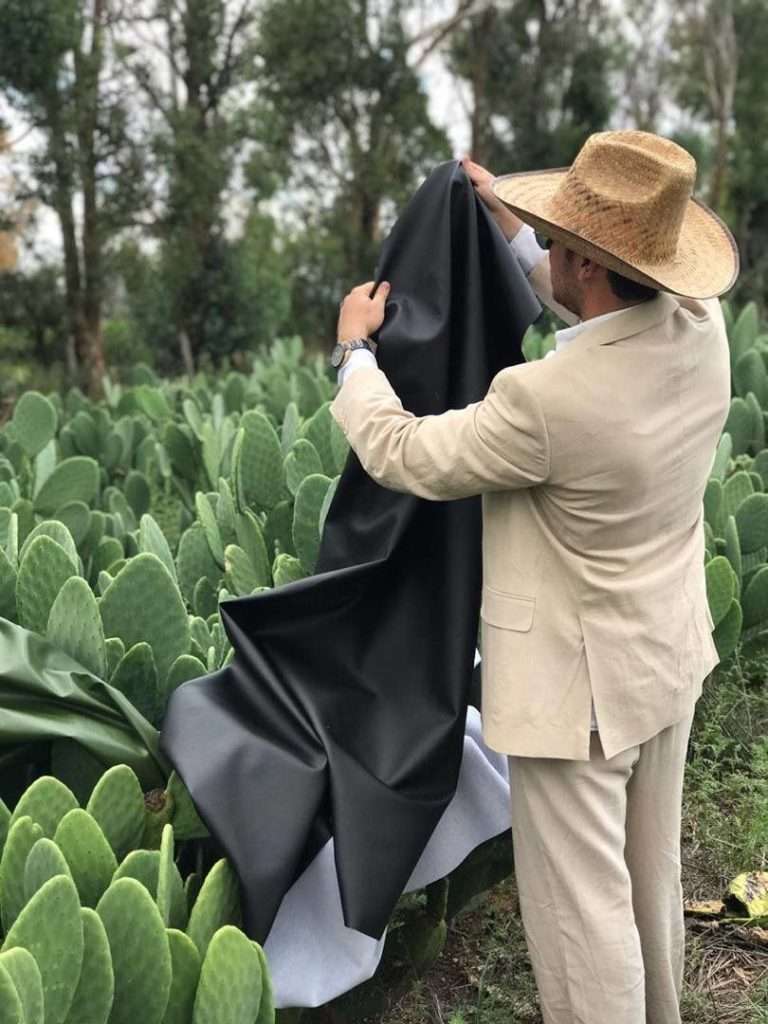
“It is an honor to be part of this important event in association with BMW. We are convinced that our vegan cactus-based biomaterials will contribute significantly to sustainability in the automotive industry by offering an alternative to replace traditional leather with cruelty-free and sustainable vegan alternatives,” Desserto said in a statement.
BMW says it has defined several sustainable material groups that set new standards and span “all four dimensions of the circular economy—re-think, reduce, reuse, and recycle.”
“We are following a consistent path towards holistically sustainable product development, responsible use of resources and transformation into a circular economy.”
-Dr. Stefan Floeck, BMW
In addition to the cactus leather, the German automaker is also working with other innovative textiles, including a product called Mirum. It’s able to mimic the properties of animal-based leather, yarns, and foam. The plant-based material does not become waste at the end of its life, according to the website, “but instead can be a nutrient input.”
Mirum is produced by the Natural Fiber Welding company, which owns unique patented processes that allow it to “create a material which is completely circular.” This means that at the end of its life it can be disassembled and fed back into new Mirum production.
BMW is currently using up to 100 percent recycled plastic in its thermoplastic components and is working to further increase its recycled and bio-based plastics with reduced carbon footprint. It says by 2030, 40 percent of its thermoplastics will be recycled.
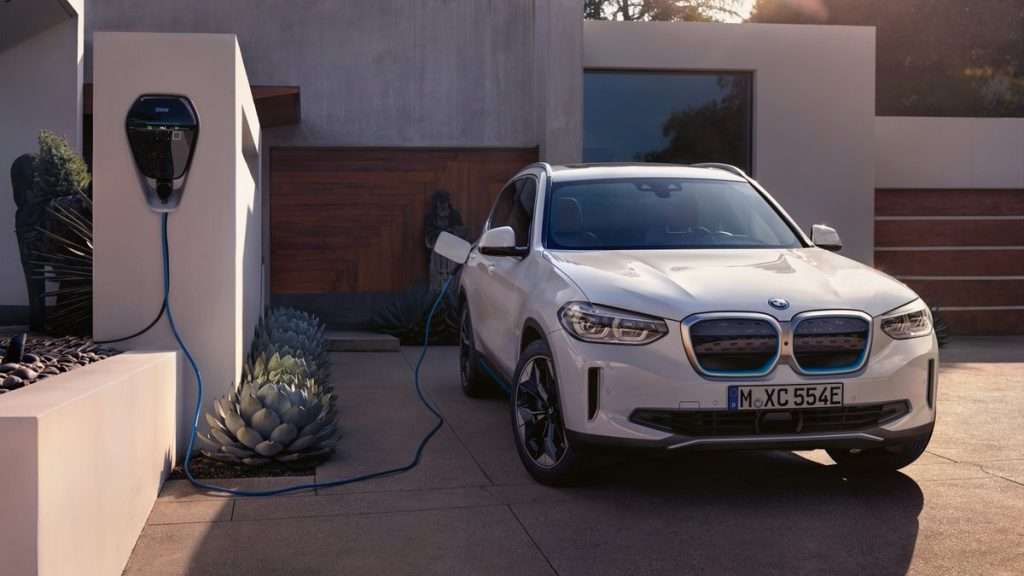
“We are setting new standards for sustainable premium quality–by rethinking materials and focusing more than ever on resource-efficient alternatives and renewable materials with strong dismantling capability,” said Dr. Stefan Floeck, Head of Development Body, Exterior, Interior for Product Line Mini, Compact Class BMW.
“We are following a consistent path towards holistically sustainable product development, responsible use of resources and transformation into a circular economy.”
Renewable materials
“The BMW Group has used renewable raw materials in its vehicles for a number of years now,” the company said. In its door trim panels, a natural-fibre mat is paired with a plastic matrix.
The luxury automaker says renewable raw materials are 30 percent lighter than plastic alternatives, but they also “come into the CO2 calculation with a negative value, since they absorb CO2 and release oxygen during the growth phase.”
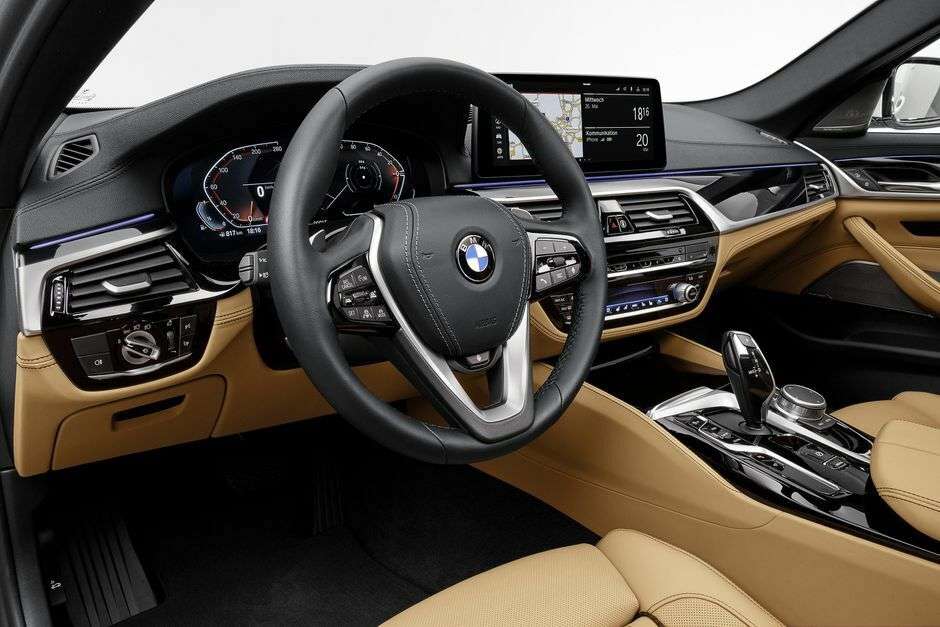
Desserto says its cactus leather offers “very important” environmental and ethical benefits to the auto industry by reducing “Cumulative Energy Demand (CED)”.
It says it reduced CED by almost 900 percent, greenhouse gas emissions from carbon by almost 2,000 percent, and water use by up to 150,000 percent compared to traditional animal leather, “and, at the same time, it is totally transparent.”
BMW says is working on these “innovative materials” with the potential for use in future vehicles. “These include synthetic textile variants, which are mostly used for seat covers,” the company notes. These variants have a low carbon footprint and can be made from fully recycled material—and recyclable, too. The company says due to their composition, “they can repeatedly be fed back into the cycle and reused several times over the course of their product lifecycle.”
It’s also shifting to a mono material strategy in its interior fabrics that allows for better recycling. “If both parts are made of the same material, it is possible for them to be recycled within the circular economy.”
Hydrogen fuel cell
BMW also debuted another concept in Munich: hydrogen cell power vehicles.
“Hydrogen fuel cell technology can be an attractive option for sustainable drivetrains—especially in larger vehicle classes,” said Frank Weber, a member of BMW’s board of management for development.
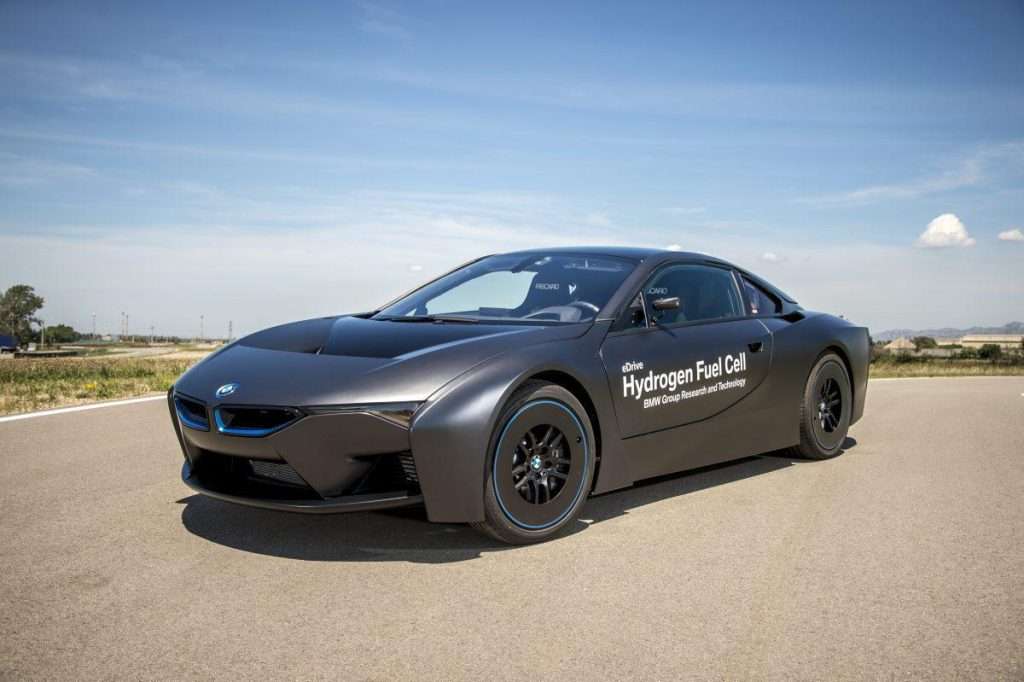
“That is why road testing of near-standard vehicles with a hydrogen fuel cell drivetrain is an important milestone in our research and development efforts.”
The iX5 SUV is built to run on fuel cell power. The German automaker says battery operated and fuel cell vehicles like this concept car can coexist with enough charging infrastructure to support them.
It says that unlike electric-powered batteries that can take hours to charge, the fuel cell vehicles would charge in four minutes, at the most.

